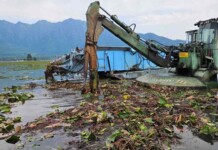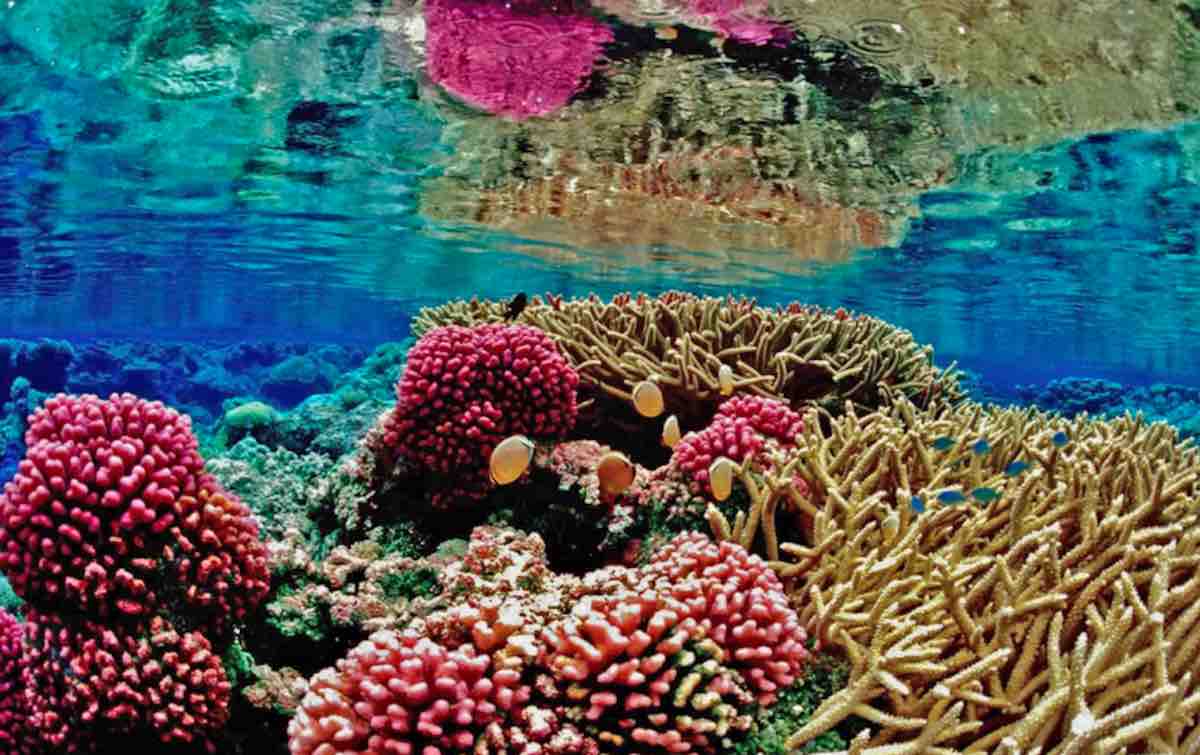One man’s happy accident has brought new hope to the recovery of coral reefs around the world.
Dr. David Vaughan stumbled upon the groundbreaking discovery as he was working with corals at the Mote Marine Laboratory in Florida. He had been trying to remove a coral from the bottom of a tank when it broke into a dozen pieces.
To his shock, all of the pieces regrew to the same size in just three short weeks, as opposed to the three years it had taken to grow the original coral.
Ordinarily, it takes coral reefs between 25 to 75 years to reach sexual maturity. This means that it can take up to 6 years just to plant 600 coral – but Vaughan’s process of breaking up corals for reproduction, which is called “micro-fragmenting”, helps them to grow 40 times faster than they do in the wild.
CHECK OUT: Sea Urchins Save Coral Reefs That Humans Nearly Strangled
Furthermore, their tests showed that it works with every single species of coral found in the Florida Reef.
In fact, the method is so efficient, the researchers are reportedly producing coral faster than they can get tanks to hold them.
Vaughan’s team now plans on planting 100,000 corals on the Florida Reef Track by 2019. The researchers also plan on sharing their method with conservationists around the world so they can collectively plant one million corals within the next few years.
(WATCH the exciting BBC interview below)
ALSO: World’s Second Largest Coral Reef Has Just Been Removed From Endangered List
It’s Not Hard To Sea You Should Share This Groundbreaking News With Your Friends On Social Media





















I think the idea is that they can replace them faster than they die to prevent extinction. Obviously, there are other issues to sort out as well, but the corals are an important part of the ecosystem for other wildlife.
So whilst it might not be a world fix I think it’s generally a good thing.
I agree here. But as mlaiuppa points out, the other concerns of curbing our damaging behavior is a key to solving the problem. Otherwise it’s like spitting in the wind. I am pleased to know that there are measures taking place to clean the ocean of plastics, for one. https://www.goodnewsnetwork.org/historic-pacific-cleanup-vessel-has-been-successful-with-trials-at-sea-and-will-soon-hit-the-patch/
I’ll take good news when I find it, but I wonder how this will help against warming oceans and resulting coral bleaching … will such just shift the location of the corals further away from the equator towards cooler waters? `David Vaughan at the Mote Laboratory is growing coral 40 times faster than in the wild. | It typically takes coral 25 to 75 years to reach sexual maturity. With a new coral fragmentation method, it takes just 3. | Scientists and conservationists plan to plant 100,000 pieces of coral around the Florida Reef Tract by 2019 and millions more around the world in the years to come.`